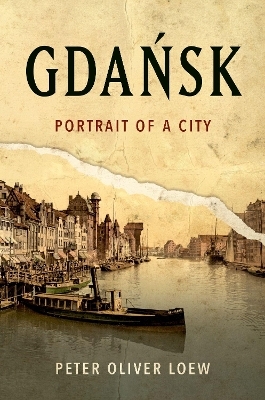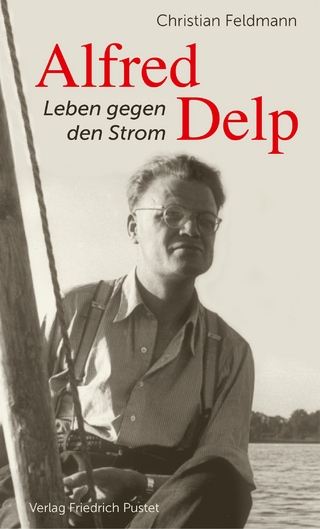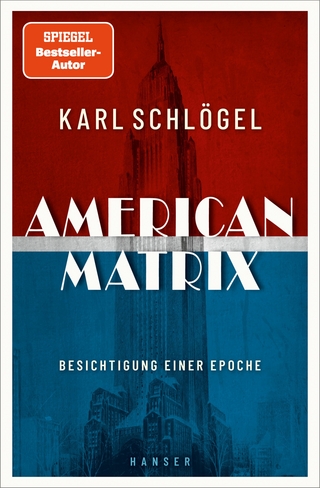
Gdańsk
Oxford University Press Inc (Verlag)
978-0-19-760386-4 (ISBN)
- Lieferbar (Termin unbekannt)
- Versandkostenfrei innerhalb Deutschlands
- Auch auf Rechnung
- Verfügbarkeit in der Filiale vor Ort prüfen
- Artikel merken
It was where World War II began on September 1, 1939. Its wartime experience was immortalized in Günter Grass`s The Tin Drum. Later it attracted worldwide attention as the site where workers` strikes led by Lech Walesa and the ensuing Solidarity movement led to the fall of Communism in Eastern Europe. Proud Hanseatic port, heart of the Baltic Sea trade, twice a "Free City," present-day liberal, cosmopolitan center: Gdańsk's story between Germany and Poland is rich and fascinating.
As Peter Oliver Loew colorfully shows, Gdańsk, also known as Danzig, is incomparable not only because of its recent past but also in how it has so uniquely embodied the tensions of the European continent over the last millennium. Situated geographically and culturally within these tensions, the city has developed a fascinating identity amid frequent conflict and shifting national affiliations. From prehistoric amber workers to early Slavic dukes, the conquest of the Teutonic Order, and submission to the Polish crown, Gdańsk's development led to a remarkable flowering. Around 1650, no city between Moscow and Amsterdam was bigger or wealthier. As Poland's decline culminated with the Partitions of Poland, the city ultimately found itself annexed into Prussia. The destruction of 1945 brought an almost entirely new Polish population, who rebuilt the historic center, now part of the reconstituted Polish state. Through each historical rupture, and despite the efforts of distant courts and capitals to rewrite its history, Gdańsk has maintained--or sometimes rediscovered--a connection to its own past. Today the port city on the Vistula once again thrives, drawing strength from its diversity and history.
Drawing on the latest research of German and Polish historians, Peter Oliver Loew vividly portrays the politics, economy, society, culture, and everyday life of a European city par excellence.
Peter Oliver Loew is Director of the German Institute of Polish Affairs and honorary professor at the Technical University of Darmstadt. The author of several books, he has been instrumental in the foundation of a forthcoming "German-Polish House" in Berlin to serve as a place of remembrance and information.
Translator's Note
Acknowledgments
Introduction: A Space of European Memory
1: Amber-Gold: Shedding Light on Prehistory
2: Green and Blue: Fishers, Merchants, Dukes, 997-1308
3: Brick-Red: Danzig as a Part of the Teutonic State, 1308-1454
4: Wheat-Gold and Rye-Brown: Danzig's Golden Age, 1454-1655
5: Fading Hues, 1655-1793
6: Prussian Blue: Fall and Rise in the Nineteenth Century, 1793-1918
7: Against a Red Background: From the Free City of Danzig to the Second World War, 1918-1945
8: Variations in White and Red: Gda'nsk,
| Erscheinungsdatum | 07.11.2023 |
|---|---|
| Zusatzinfo | 36 black and white halftones |
| Verlagsort | New York |
| Sprache | englisch |
| Maße | 165 x 244 mm |
| Gewicht | 590 g |
| Themenwelt | Geisteswissenschaften ► Geschichte ► Regional- / Ländergeschichte |
| ISBN-10 | 0-19-760386-6 / 0197603866 |
| ISBN-13 | 978-0-19-760386-4 / 9780197603864 |
| Zustand | Neuware |
| Haben Sie eine Frage zum Produkt? |
aus dem Bereich


